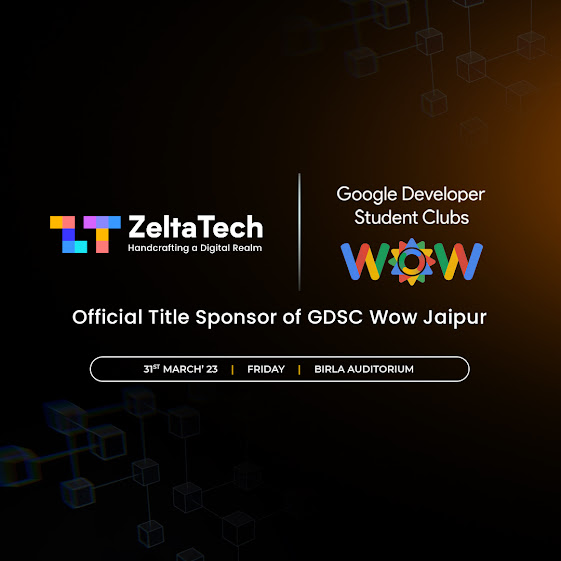What is DAO and How DAOs Can Help in Business
A decentralised autonomous organisation, or DAO is a blockchain-based organisation that does not have a central management body. The rules that are enforced and defined within these types of organisations take the form of smart contracts. It has given the world of business models a fresh start and a new lease on life.
Within both newly formed businesses and those that already exist, the process of corporate governance may need to be rethought in light of the possibilities presented by a DAO. Today, DAOs can be utilised within a variety of organisations due to the fact that it is a readily available business model that does not involve the intervention of a third party, where everyone is treated on an equal level, and where the system is open to the public.
It is essential that the DAO be organised in an effective manner if it is to function in a manner that is both profitable for the corporation and advantageous from a tax perspective.
About the Blog
When blockchain technologies were developed, the people who conceived of the notion of a DAO company suddenly had access to the tools that were essential to bringing their ideas into the real world and making them a reality.
The concept of a secure digital ledger was made possible by blockchain technologies. This ledger could record all of the interactions that its members had with one another across the Internet. As a result, it offered a safe and secure environment in which to construct a DAO.
The prevention of fraudulent transactions is enabled by blockchain technology through the utilisation of a method known as trustworthy timestamping. Users of the blockchain collaborate to maintain a distributed database in order to remove the possibility of corrupt transactions and the requirement of involving a third party as an intermediary.
The implementation of these technologies into an organisation has the ingenious benefit of making it possible for the organisation to function independently of direct managerial oversight. In principle, a DAO business might function entirely independently if the platform offered adequate rules and flexibility.
When it comes to automating transactional operations and lowering the amount of input that people are required to provide for relatively straightforward jobs, smart contracts are an immensely helpful tool. It is not enough for a Decentralized Autonomous Organization's mission to lessen the amount of human intervention; rather, it is to do away with it totally.
A DAO, is essentially a company that automates all of its essential and non-essential processes through the utilisation of a web of interconnected smart contracts, despite the fact that this is still primarily an idea that has been refined more on paper than in actual practise.
Any kind of company can profit from adopting a model with DAO-style aspirations. A novelty keychain store that maintains its inventory on the blockchain is able to establish a smart contract that activates at the specific reorder point for each item and is based on the demand that the store has seen in the past from customers.
The invoice for the store's relevant supplier will be generated by the smart contract on its own, and it will be sent along with the date of delivery that is specified. When the package is received, the smart contract will be notified of its fulfilment via scanners or IoT beacons that are connected to the ledger.
This will cause the smart contract to carry out the process of releasing a payment in bitcoin. When an order is placed, it will automatically print labels, collect customer information from a customer relationship management system, and assist speed up shipment.
How are DAOs useful for businesses?
Businesses that make use of DAO platforms to compartmentalise and automate some aspects of their operations are able to achieve rapid scalability and be more efficient without compromising the quality of the services they provide to their customers. On the other hand, there are a few challenges that, at least for the time being, make the establishment of a genuine DAO challenging. Because access to technology such as IoT beacons is currently restricted, businesses that deal in physical goods will continue to need to rely on human labour for as long as it takes for robots to become more affordable and widely available. In addition, the concept of a self-governing system calls for ever-increasing levels of complexity as time goes on. Because businesses are not becoming any less complicated, a genuinely self-governing DAO has a great deal more to think about when it comes to ensuring that their operations are both smooth and fair.
The arrival of more easily accessible artificial intelligence will also be a tailwind for DAOs. An AI-based DAO will one day be preprogrammed to automatically assess the preferences of millions of individual stakeholders concurrently. This is in contrast to organisations that are getting close to being deemed DAOs but still require users to vote on protocol modifications, for example. While DAOs are still several years away from achieving full autonomy, astute businesses can already identify areas in which inputs are excessive before applying DAO-component technology to streamline operations without worrying that their livelihoods will be destroyed in the process.
How can companies use DAOs?
For complete transparency and immutability, a DAO logs and permanently stores all of its financial transactions. DAOs could significantly alter the management landscape. They have the potential to increase productivity and openness in businesses.
Can DAOs replace companies?
The conventional business model can be replaced by DAOs. Decentralized autonomous organizations, or DAOs, are a novel form of business structure enabled by digital ledger technology. They could be the means by which the full promise of web3 is realized and a true digital revolution is ushered in on a global scale.



Comments
Post a Comment